简体中文
繁體中文
English
Pусский
日本語
ภาษาไทย
Tiếng Việt
Bahasa Indonesia
Español
हिन्दी
Filippiiniläinen
Français
Deutsch
Português
Türkçe
한국어
العربية
No Regulation, Revoked Licence: Is Tradehall Safe to Use?
Abstract:In the fast-growing world of online trading, safety and regulation must always come first. Traders need to choose brokers that are properly licensed and follow the rules. Sadly, not all brokers meet these standards, and Tradehall is a clear example of this.
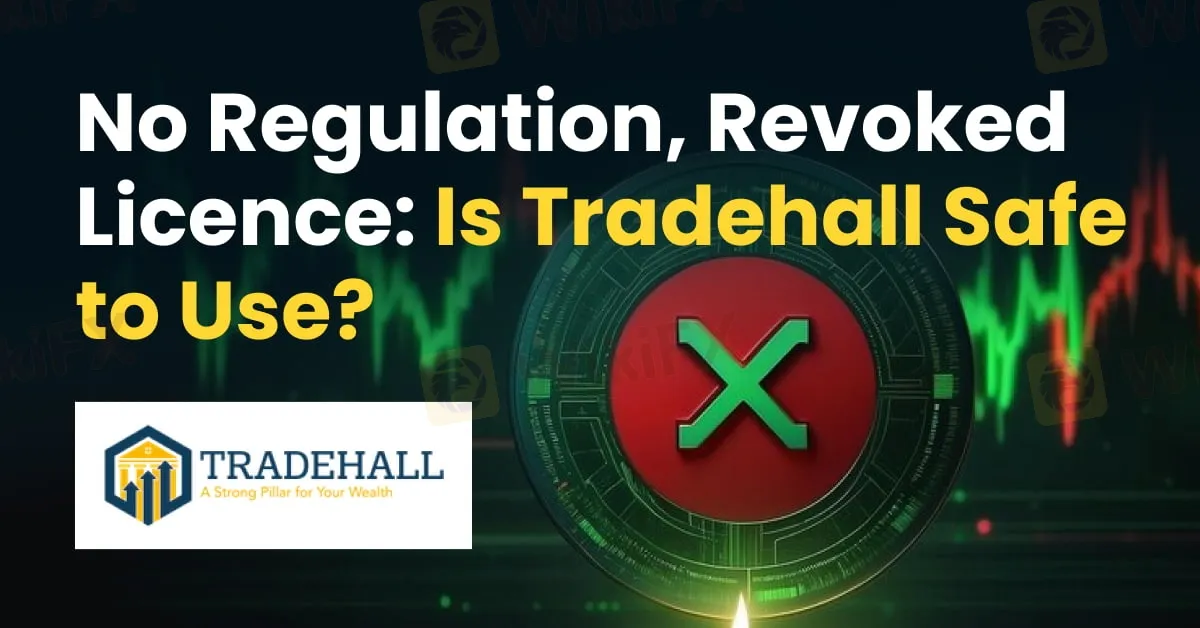
In the fast-growing world of online trading, safety and regulation must always come first. Traders need to choose brokers that are properly licensed and follow the rules. Sadly, not all brokers meet these standards, and Tradehall is a clear example of this.
According to WikiFX, a global platform that checks brokers and their regulatory status, Tradehall has a very low WikiScore of just 2.17 out of 10. This score reflects serious concerns about how the broker operates, and it should not be ignored by anyone thinking about using their services.

Tradehall is registered in Saint Vincent and the Grenadines, a location known for having no clear financial regulation for forex or trading brokers. While its legal to register a company there, being based in such a location usually means the broker is not properly supervised. This raises a major red flag for potential traders.
Even more worrying is the broker‘s licence history in Australia. Tradehall was previously listed under the Australian Securities and Investments Commission (ASIC) with licence number 001282038. However, this licence has now been revoked. This means the broker is no longer authorised to operate under Australia’s financial laws, which are known for being strict and protective of clients.

Adding to the concerns, the Securities Commission of Malaysia has also issued a warning about Tradehall. This means the broker has been flagged by another national authority, again urging the public to be careful.

Importantly, it has been confirmed that Tradehall currently holds no valid licence with any recognised financial authority. Without a licence, there is no legal guarantee that the broker follows fair trading practices or keeps client funds safe. Traders who use such brokers face much higher risks, including fraud, unfair pricing, or losing access to their money.

This situation should act as a clear reminder: just because a broker has a website or offers a trading platform doesn‘t mean it’s safe. Always check where a broker is registered, what licences it holds, and whether those licences are still active.
To sum up, Tradehall shows multiple warning signs, including a revoked licence, registration in an unregulated country, and official warnings from regulators. Traders should stay away from brokers with these kinds of issues. Do not take these red flags lightly. Your money and your safety depend on it.

Traders and investors can also use a free mobile application called WikiFX, which plays a crucial role in verifying the legitimacy of brokers and financial platforms. WikiFX provides an extensive database of global broker profiles, regulatory status updates, and user reviews, enabling users to make informed decisions before committing to any financial investment. Its risk ratings and alerts for unlicensed or suspicious entities help investors identify red flags and avoid potential scams. By leveraging tools like WikiFX to research a brokers background, individuals can safeguard their savings and minimise the risk of falling victim to fraudulent schemes.

Disclaimer:
The views in this article only represent the author's personal views, and do not constitute investment advice on this platform. This platform does not guarantee the accuracy, completeness and timeliness of the information in the article, and will not be liable for any loss caused by the use of or reliance on the information in the article.
Read more
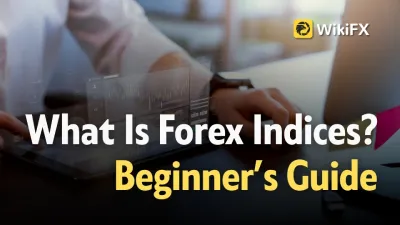
What Is Indices in Forex? A Beginner’s Guide to Trading Forex Indices
Understand what indices in forex are, how DXY works, key differences vs pairs, pros/cons, and where to trade CFDs—beginner-friendly, expert-backed guide.
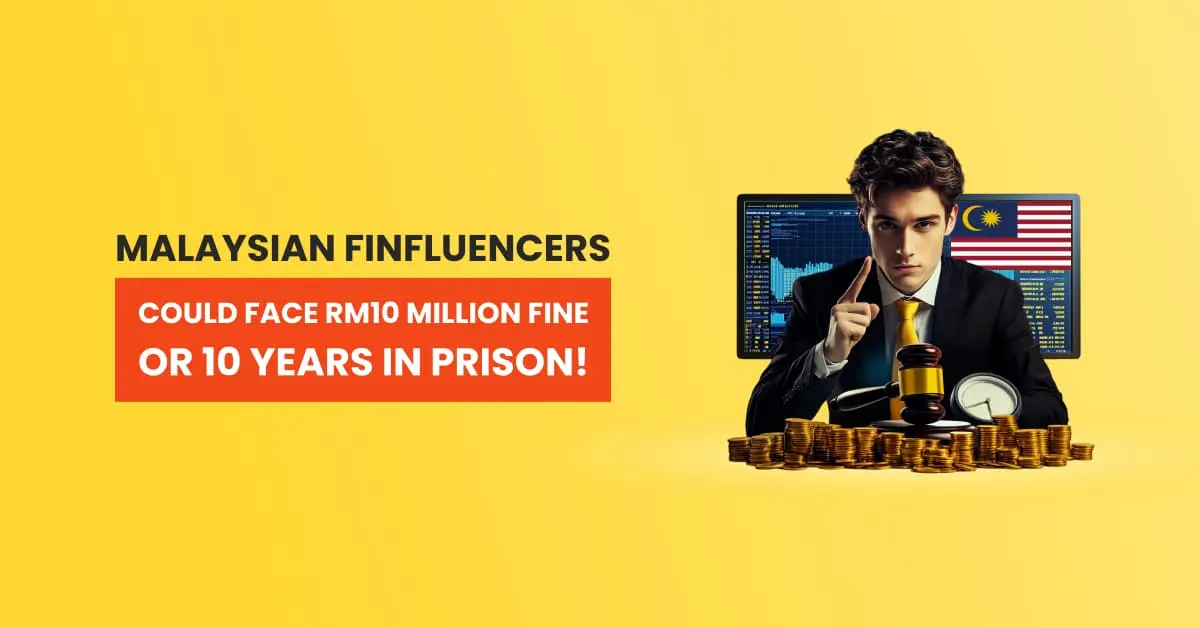
Malaysian Finfluencers Could Face RM10 Million Fine or 10 Years in Prison!
A new regulatory measure by the Securities Commission Malaysia (SC) is set to change the country’s online trading and financial influencer landscape. Starting 1 November 2025, any trader or influencer caught promoting an unlicensed broker could face a fine of up to RM10 million, a prison sentence of up to 10 years, or both.
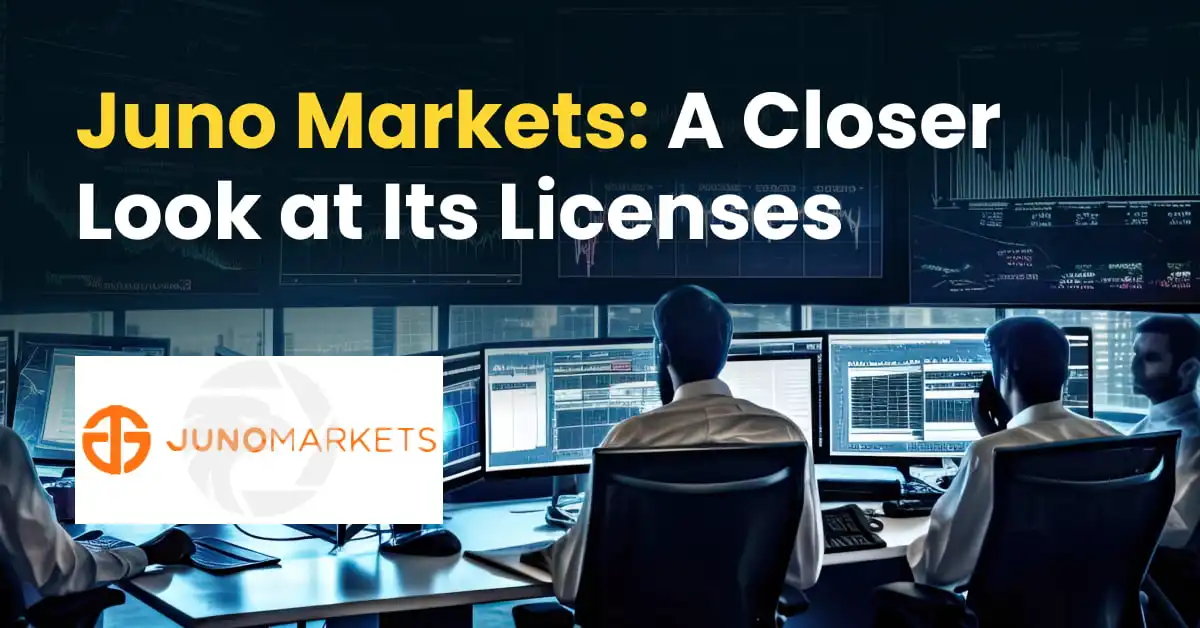
Juno Markets: A Closer Look at Its Licenses
When selecting a broker, understanding its regulatory standing is an important part of assessing overall reliability. For traders seeking to protect their capital, ensuring that a platform operates under recognised and stringent oversight can make all the difference. Keep reading to learn more about Juno Markets and its licenses.
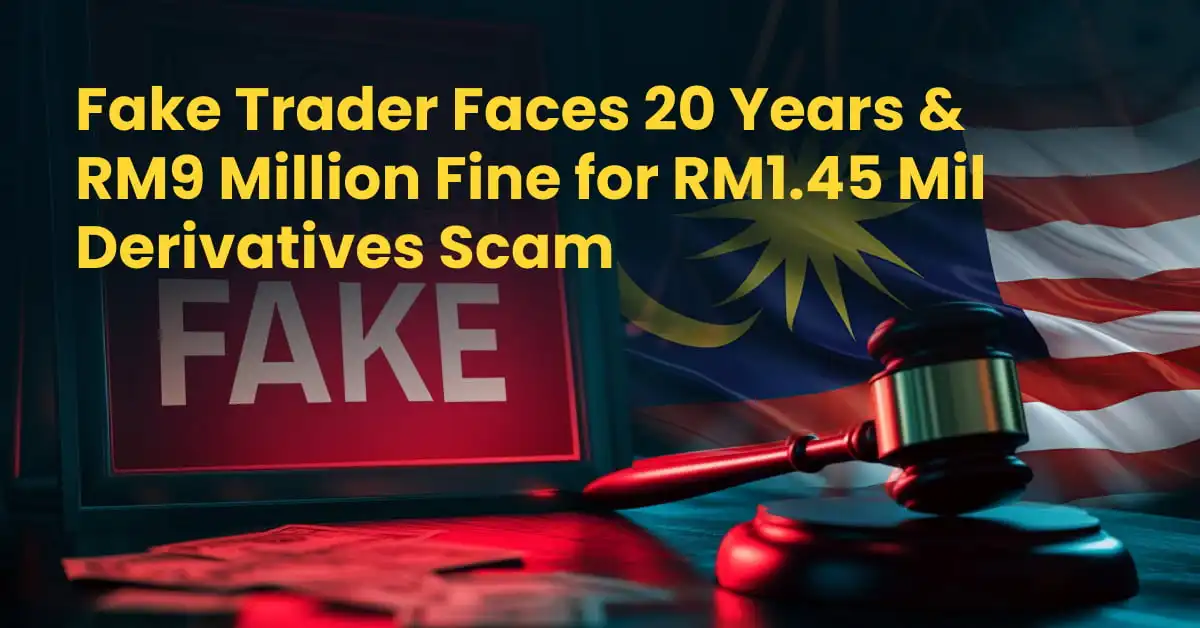
Fake Trader Faces 20 Years & RM9 Million Fine for RM1.45 Mil Derivatives Scam
A Malaysian man who posed as a ‘licensed’ futures trader has been handed a 20-year prison sentence and a RM9 million fine after admitting to running a fraudulent derivatives investment scam.
WikiFX Broker
Latest News
What Is Indices in Forex? A Beginner’s Guide to Trading Forex Indices
How to Use Retracement in Trading
CySEC warns the public against 17 investment websites
Robinhood Moves Toward MENA Expansion with Dubai DFSA License Application
FBI Issues Urgent Warning on Crypto Recovery Scams
Fake Trader Faces 20 Years & RM9 Million Fine for RM1.45 Mil Derivatives Scam
Complaints Against Weltrade | Traders Can’t Get Their Money Back
WikiFX Community Event Series, “Thailand Elites’ View”
Juno Markets: A Closer Look at Its Licenses
Germany's Industrial Core Is Collapsing Under The US Trade Deal And The Green Agenda
Currency Calculator


